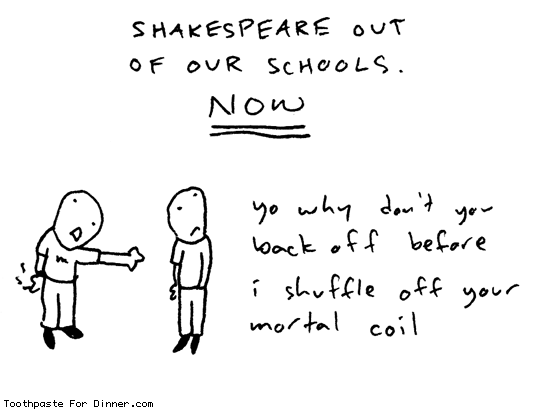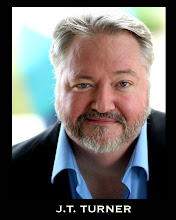
OK this is a blog about acting and performing, so why am I turning into Miss Manners? Because, dear reader, manners DO matter. This is especially true in the world of performing, because as big a field as it is, it is also in many ways an intimate field, and you will run into people over and over again. Sure maybe years go by before you meet that person again, but trust me, meet them you will. And at that point, what will the meeting be like? A joyous celebration, or an awkward moment as you recall that you treated this person badly?
I confess I hold grudges. I try not to hold them very long, but I have a tendency to forgive and REMEMBER. So if you have left a show in mid-stream for no good reason, if you were rude to me at an audition, (on either side of the table), if you decide to start Facebooking or gossiping about me, then chances are pretty good I will just not work with you in the future. The Christian within me will still wish you a great life, but the practical Sensei will just not put myself in a position for you to abuse me again.
And I tell you this not to scare you off from working with me, but rather to instruct, as I am not alone in this habit. Treat a stage manager badly during the run of a show, and that stage manager will warn every director they work with about you. Treat them well, and when a part comes up you fit, they may just put in a good word for you. This extends not just to management; stage managers, directors, choreographers, but to your fellow actors as well. Cut down your fellow actors and your reputation will drift right down the tubes.
Oh but you have talent! Tons of talent! So that people will be FORCED to cast you since you are so great! Look, maybe a Hollywood celebrity can misbehave and be in demand,( although the odds are against Mel Gibson just now), but the vast majority of us cannot. So play nice.
But I will make it big one day, I don't need to be nice to "these" people. Maybe you will outgrow them, but as a general rule only treating people you need something from nicely is a recipe for disaster.
But the best reason of all to be kind, considerate, respectful and nice is....it is better for
you. Makes you a better person, and is the right thing to do.
With that in mind:
1) Use please and thank you excessively.
2) Be on time, showing respect for other peoples time.
3) When you see someone, always say hello, right away. Always.
4) Delight in any chance to help someone.
5) Be a generous performer. Help your fellow actors get off book, rehearse with them outside rehearsal, lend opinions when
asked, (while respecting the directors role).
6) Never bad mouth cast nor crew. Nor the audience.Your work is your responsibility, and at the end of the day, the only thing you control..
7) Did I mention be nice to the crew? Well I am mentioning it again. Trust me, they are your best friends.
8) When frustrated, talk directly to the person frustrating you. Gossip is for reality shows.
9) Thank the Universe that you get to perform, it is a privilege not a right. Be a grateful performer.
10) Accept praise, and be thankful for it. Share it when you can. Don't let it go to your head, but don't miss the chance to take in the good vibes that comes with praise either.
11) Love this thing you do. When you stop loving it, stop doing it.
As with all my advice, use it or don't. But maybe you could try it, and see what happens. :)
J.T. Turner
The Actors Sensei








 OK this is a blog about acting and performing, so why am I turning into Miss Manners? Because, dear reader, manners DO matter. This is especially true in the world of performing, because as big a field as it is, it is also in many ways an intimate field, and you will run into people over and over again. Sure maybe years go by before you meet that person again, but trust me, meet them you will. And at that point, what will the meeting be like? A joyous celebration, or an awkward moment as you recall that you treated this person badly?
OK this is a blog about acting and performing, so why am I turning into Miss Manners? Because, dear reader, manners DO matter. This is especially true in the world of performing, because as big a field as it is, it is also in many ways an intimate field, and you will run into people over and over again. Sure maybe years go by before you meet that person again, but trust me, meet them you will. And at that point, what will the meeting be like? A joyous celebration, or an awkward moment as you recall that you treated this person badly?







